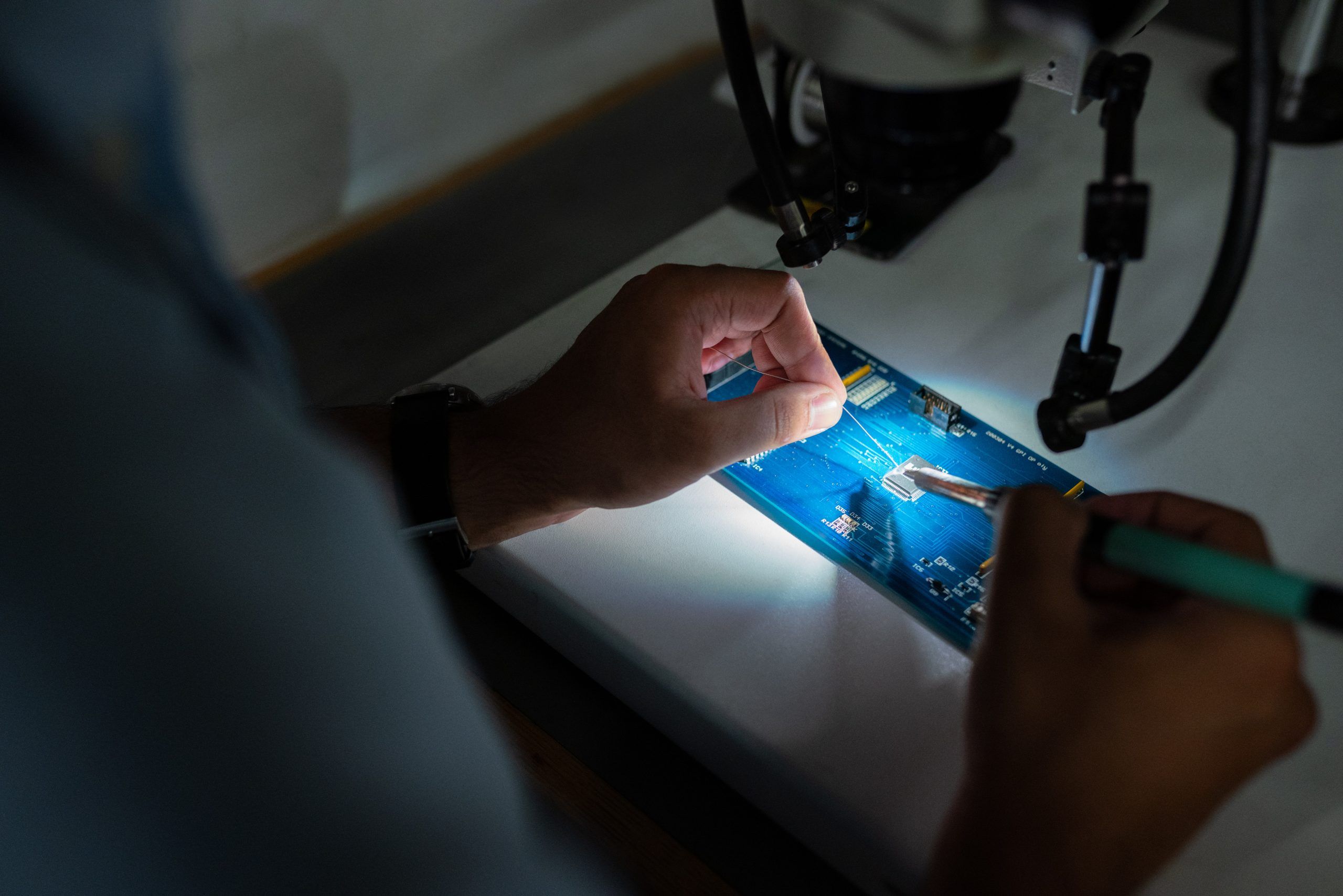This doctoral project is part of a larger, multidisciplinary and international project APRIORI: “Active PRoduct-to-Process LearnIng fOR Improving Critical Components Performance” (no. 101073551) funded under the Marie-Sklodowska-Curie Actions Doctoral Networks within the Horizon Europe Programme of the European Commission. APRIORI gathers universities (KU Leuven, TU Delft, Aalborg University), research institute (Jozef Stefan Institute) and small- and large-scale industry (Grundfos Holding AS, Materialise NV, Temporary Works Design 9 B.V., Qlector) from manufacturing, equipment design, manufacturing software and data-driven solutions sectors. The APRIORI mission is to train the next generation of doctoral candidates regarding the uncertainty induced by the production process (e.g. human errors, geometrical and material variabilities caused by the manufacturing process and/or by the machine setup) and the increasing complexity of the manufactured goods characterized by their critical parts or components.
Duties of the position
Your involvement in this project concerns the investigation of the tribological and frictional performance of polymeric surfaces sliding against coated steel surfaces. Specifically, you will focus on the understanding and prediction of the transition from stick to slip behaviour. The research is framed within the context of offshore industry friction-based connections used in mission equipment on offshore wind installation vessels. Currently, there is a lack of high-fidelity guidelines for the design, characterization and selection of these friction-based support elements. To fill this gap, you will develop testing and predictive models to quantify the friction force variability with reference to the interface features, such as interfacial stiffness, roughness, hardness and other material, environmental, and operational properties. Potential friction models will be sought within the direction of physics-informed probabilistic models, by integrating aspects of contact mechanics, tribology and acquired experimental data.
The project is embedded in a cross-departmental collaboration within the faculty of Civil Engineering and Geosciences, including the Department of Mechanics, Materials, Management and Design (3MD), the Department of Hydraulic Engineering (HE) and the Department of Engineering Structures (ES).
Required selection criteria
Consider joining us on this PhD journey if:
-
- You have a MSc level background on, or you are eager to learn, experimental mechanics;
- You have a MSc level background on numerical methods for mechanics;
- You have a MSc level background on, or you are eager to learn, scientific machine learning and probabilistic modelling.
- You have earned an MSc degree in fields like applied mathematics, applied physics, mechanical engineering, structural engineering, offshore (marittime) engineering, hydraulic engineering, aerospace engineering.
- You have a good attitude in improving communication skills and a good teamwork attitude within a multicultural group comes naturally to you.
- You are passionate about applied research, self-driven and a quick learner.
Doctoral candidates will be offered a 4-year period of employment in principle, but in the form of 2 employment contracts. An initial 1,5 year contract with an official go/no go progress assessment within 15 months. Followed by an additional contract for the remaining 2,5 years assuming everything goes well and performance requirements are met.
Salary and benefits are in accordance with the Collective Labour Agreement for Dutch Universities, increasing from € 2872 per month in the first year to € 3670 in the fourth year. As a PhD candidate you will be enrolled in the TU Delft Graduate School. The TU Delft Graduate School provides an inspiring research environment with an excellent team of supervisors, academic staff and a mentor. The Doctoral Education Programme is aimed at developing your transferable, discipline-related and research skills.
The TU Delft offers a customisable compensation package, discounts on health insurance, and a monthly work costs contribution. Flexible work schedules can be arranged.
For international applicants, TU Delft has the Coming to Delft Service. This service provides information for new international employees to help you prepare the relocation and to settle in the Netherlands. The Coming to Delft Service offers a Dual Career Programme for partners and they organise events to expand your (social) network.
EU Marie Curie Early Stage Researcher allowances will be used to cover both the employee’s as the employer’s mandatory charges. As a member of APRIORI, you will also be offered the opportunity to visit different institutes and industrial partners for a number of months every year. You will also be part of a unique doctoral training program designed specifically for APRIORI researchers.
Organisation/Company –Delft University of Technology (TU Delft)
Research Field – Technology
Researcher Profile –First Stage Researcher (R1)
Country – Netherlands
Application Deadline –25 Nov 2024 – 22:59 (UTC)
More information: EUROAXESS







Leave a Reply